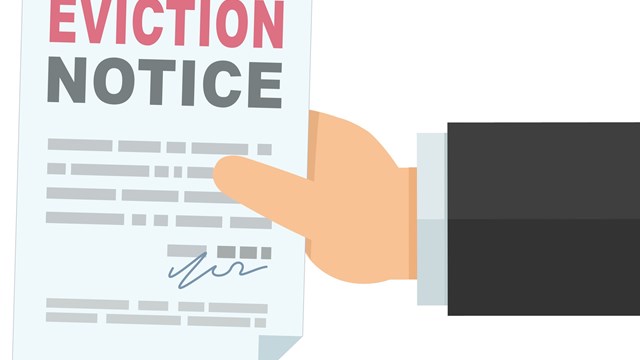After six months, I found a buyer whose offer I accepted. The buyer’s finances are more than adequate for the purchase, yet the co-op board rejected the sale, claiming the price was too low.
The building’s new sponsor received about 40 apartments upon taking over and has started putting a lot of money into the building for repairs including windows, elevators and new garages, as well as has renovated the 40 apartments and is asking for very high sale prices for them. I was informed by one of the board members that they don’t want any apartments selling at lower rates because it lowers the value of their apartments; however, their asking prices are very high in comparison to mine, which is both reasonable and comparable to other asking prices in the same area.
I can’t continue paying $1,300 per month in maintenance (which is very high for the area the co-op is in) as well as the mortgage payment on an empty apartment for much longer. I have also been told that we can no longer rent out apartments, as they are now ‘owner-occupied’ only.
This all seems so unfair, and I feel like the board may want me to go into foreclosure so that they can buy my apartment from the bank at a low price. Is there anything I can do?
-Queens Shareholder
“With respect to subletting, you must look at your proprietary lease to see what the board’s authority to deny a sublet is. A board cannot adopt a ‘no sublet’ policy unless the proprietary lease gives them that authority. Many proprietary leases allow for sublets, subject to board approval, which may not be unreasonably withheld. Therefore, it is advisable to review your proprietary lease’s sublet provision. The best practical advice I can give is to put your apartment back on the market at a higher price and see if there is any interest.”







Leave a Comment